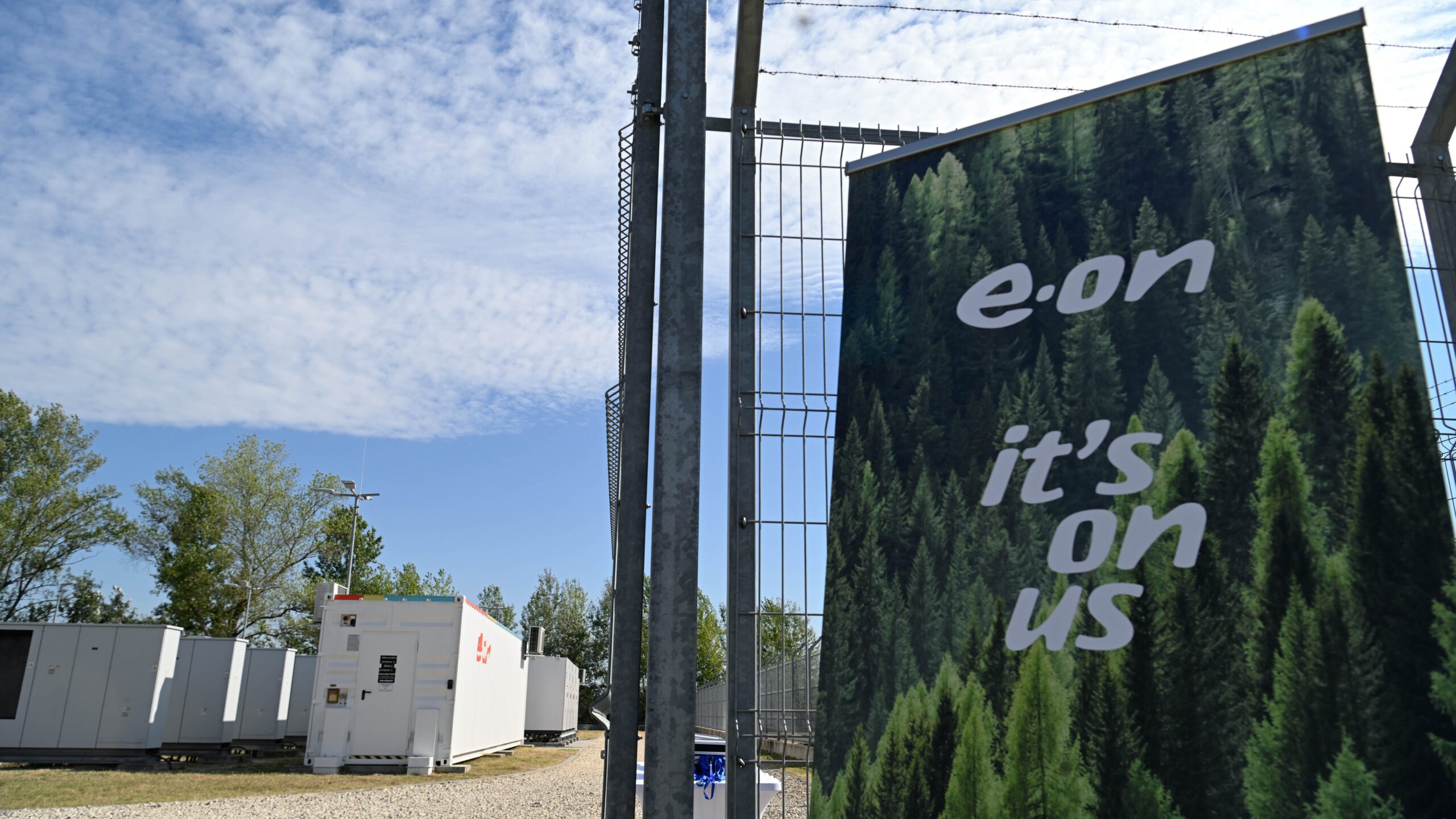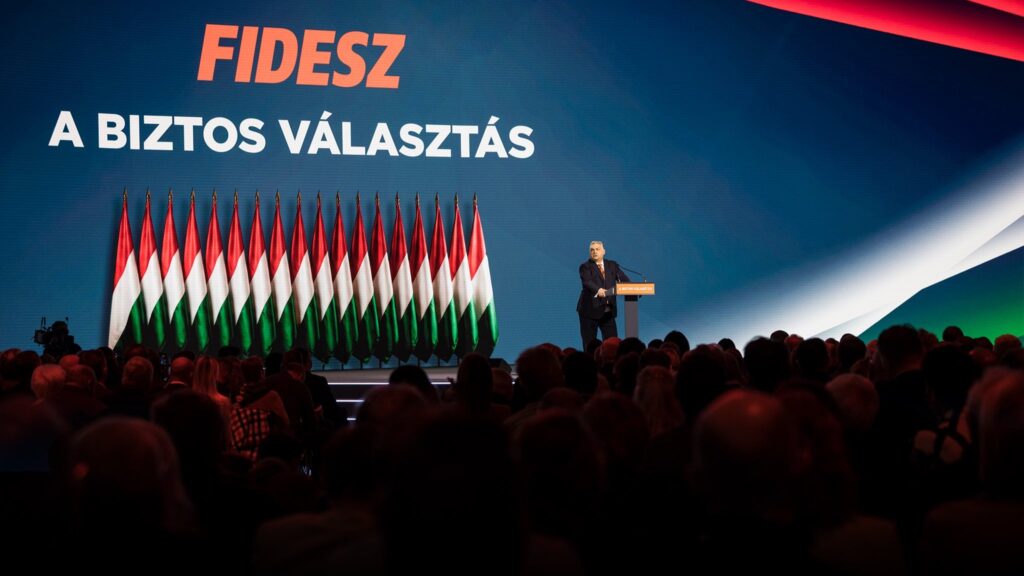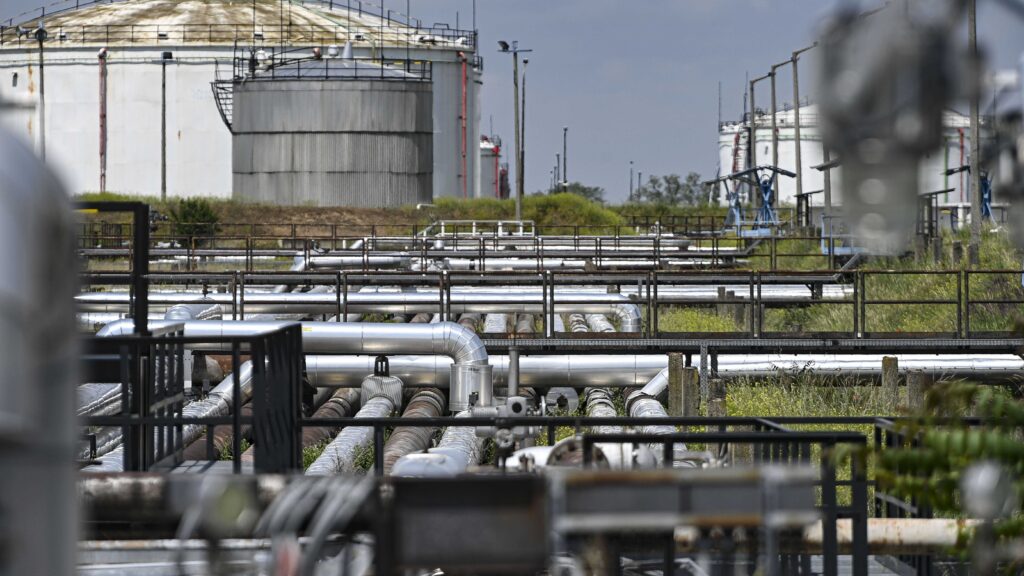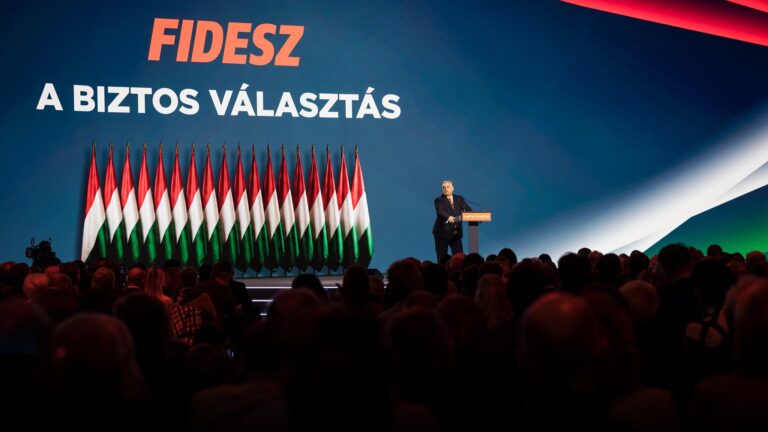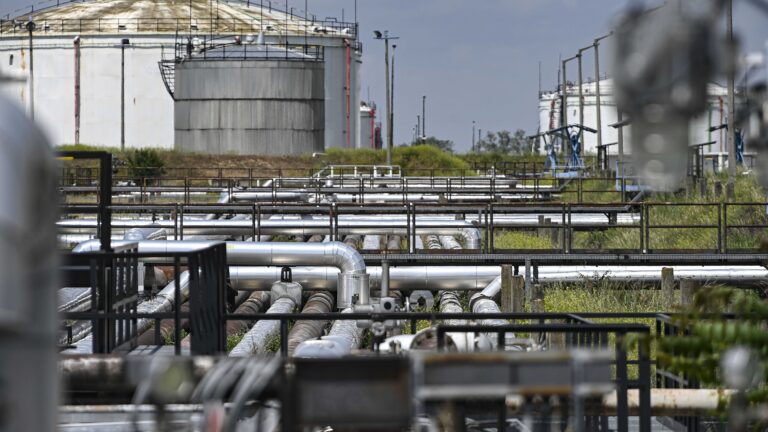Hungary’s energy sovereignty can only strengthen if new storage facilities are built nationwide, State Secretary for Energy at the Ministry of Energy Attila Steiner said during the inauguration of E.On Hungária’s new energy storage units in Soroksár on Thursday.
Steiner underlined that solar power now accounts for 25 per cent of Hungary’s total domestic energy production. Storing the midday electricity surplus, combined with continued grid development, will therefore be one of the country’s strategic directions in the coming years.
With this share of solar power, Hungary has become a world leader. On sunny days, it no longer needs to import electricity and can even export it. The state secretary added that today’s cutting-edge technologies make it possible to store large amounts of energy in relatively small spaces. He emphasized that the government pre-financed EU support for E.On’s investment, highlighting the strategic importance of storage capacity.
Hungary has already allocated more than 160 billion forints from the national budget to grid development in recent years. A further 62 billion forints has been made available through a tender scheme supporting the expansion of large-scale electricity storage capacity.
Deputy CEO of E.On Hungária Zsolt Jamniczky explained that 45 per cent of the total investment of over 784.5 million forints was provided by the EU’s Recovery and Resilience Facility (RRF). At the Soroksár site, new liquid-cooled technology has doubled storage capacity, enabling more green energy integration and improving the stability of the domestic electricity grid.
E.On Hungária announced a year ago that it would build a new battery storage system to enable more solar power plants to be connected to the grid. According to the company’s statement, the Soroksár facility consists of 16 outdoor battery cabinets with a total capacity of 5.5 megawatt-hours and a performance of 2.5 megawatts. The location is symbolic as well: Hungary’s first high-capacity battery storage facility was built there in 2018 by ELMŰ, also part of the E.On Hungária Group. The newly installed smart-grid connected units can be remotely operated, eliminating the need for on-site supervision.
Related articles:

